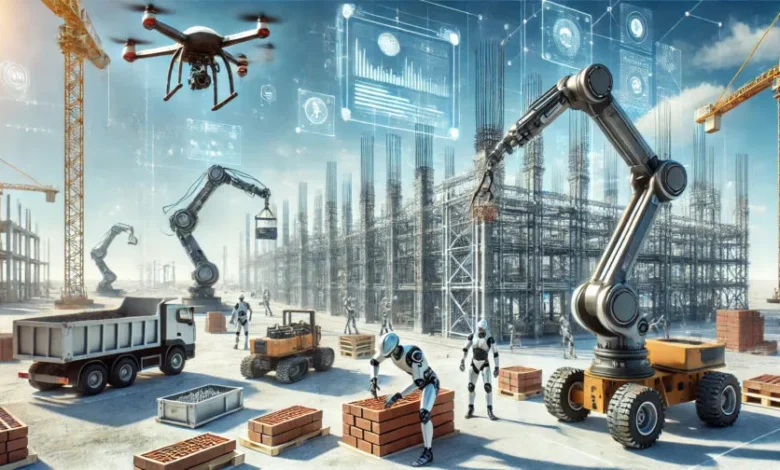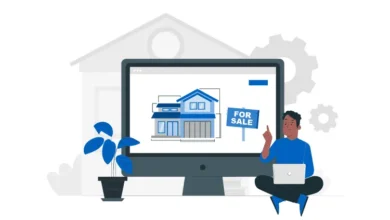Latest Technology for Construction Contractors in 2025

Construction industry is constantly evolving and by 2025, new technologies are set to transform how general contractors, trade contractors, home builders, architects and building material suppliers operate. Embracing se advancements can lead to increased efficiency, reduced costs and improved project outcomes
By hiring advancements offered by construction estimating services into workflows, contractors can improve efficiency, reduce costs and deliver higher-quality projects.
Staying ahead of curve in technology adoption will not only enhance project outcomes but also position contractors as leaders in a competitive market. As we move towards 2025, construction industry will undoubtedly benefit from se innovations, paving way for a more efficient and sustainable future.
1. Building Information Modeling (BIM)
BIM has been a game-changer in construction industry and its impact will only grow in 2025. BIM allows contractors to create detailed 3D models of buildings, which can be used for planning, design and construction. This technology enables better collaboration among all stakeholders, including architects and engineers, leading to fewer errors and misunderstandings.
2. Drones for Site Surveys
Drones are becoming increasingly popular in construction industry for site surveys and inspections. In 2025, contractors will rely on drones to gar aerial data quickly and accurately. Drones can capture high-resolution images and videos, allowing contractors to assess site conditions, monitor progress and identify potential problems.
Using drones can save time and reduce labor costs associated with traditional surveying methods. Additionally, data collected can be integrated into BIM systems, providing a comprehensive view of project. This technology enhances decision-making and helps contractors stay on schedule.
3. Augmented Reality (AR) and Virtual Reality (VR)
Augmented Reality (AR) and Virtual Reality (VR) are set to revolutionize way contractors visualize projects. In 2025, se technologies will allow contractors to immerse mselves in a virtual environment, enabling m to explore designs and layouts before construction begins.
4. Mobile Construction Management Software
As construction industry becomes more mobile, contractors will increasingly rely on construction management software that can be accessed from smartphones and tablets. In 2025, se tools will streamline communication, project management and documentation.
5. Prefabrication and Modular Construction
Prefabrication and modular construction are gaining traction in construction industry and this trend will continue into 2025. By constructing building components off-site and n assembling m on-site, contractors can save time and reduce waste.
6. Sustainable Construction Technologies
Sustainability is becoming a top priority in construction industry and by 2025, contractors will need to adopt technologies that promote eco-friendly practices. This includes using sustainable materials, energy-efficient systems and waste reduction strategies.
7. Artificial Intelligence (AI) and Machine Learning
Artificial Intelligence (AI) and machine learning are set to play a significant role in construction industry by 2025. se technologies can analyze vast amounts of data to identify patterns and trends, helping contractors make better decisions.
Final Thoughts
As construction industry continues to evolve, contractors must stay informed about latest technologies and use of construction takeoff services that can enhance ir operations. From Building Information Modeling (BIM) to drones, augmented reality and sustainable practices, tools available in 2025 will significantly impact how general contractors, trade contractors, home builders, architects and building material suppliers work.





